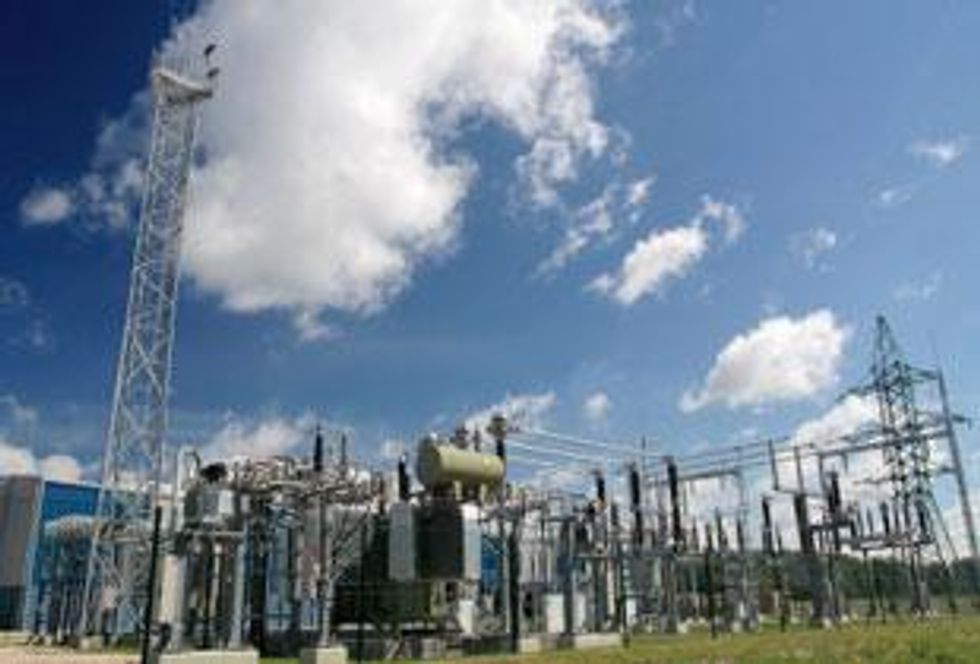Last week’s 16th session of Indo-Russian Inter-Governmental Commission has resulted in the extension of an offer from Russia for joint venture exploration and development of uranium mining within its territory and third countries, as part of moves to ease shortage of fuel for India’s nuclear power plants.
Last week’s 16th session of Indo-Russian Inter-Governmental Commission has resulted in the extension of an offer from Russia for joint venture exploration and development of uranium mining within its territory and third countries, as part of moves to ease shortage of fuel for India’s nuclear power plants. The recent announcement follows an earlier news development in November, which indicated that Namibia and India have entered into a bilateral cooperation agreement, including collaboration in the uranium and diamond sectors.
Discussion on the joint projects were held by Rosatom chief executive Sergei Kiriyenko in New Delhi with the Uranium Corporation of India Ltd.(UCIL). State corporation Rosatom spokesperson Sergei Novikov provided some limited details, “We have offered the Indians participation in the uranium mining projects in the Russian Federation and thirds countries. The controlling stake in the joint projects must remain with Rosatom and the partners could get up to 49 percent share in the projects inside Russia.” Further guidance indicated the Elkon project in Russia’s South Yakutia, a republic in Eastern Siberia, already has acquired some foreign stakeholders and any Indian stake would be less than 49 percent.
The Elkon group of uranium deposits is the second largest source of uranium in the world, second only to Olympic Dam in Australia. Olympic Dam, operated by BHP Billiton (NYSE:BHP), is considered to contain approximately 34 percent of proven uranium reserves worldwide. This past summer, the Australasian Joint Ore Reserves Committee (JORC) estimated one of the Elkon deposits to contain 229,800 tonnes of uranium.
Political Context
Industry observers and investors may note some irony about the announcement of Russia and India creating strategic commercial alliances, as earlier in March the Australian government decided to allow Australian uranium sales to Russia while maintaining its ban on exports to India.
The Australian Liberal government under the Howard administration had begun negotiations with India in 2007, but was terminated once current Prime Minister Kevin Rudd became elected. Mr. Rudd’s government has maintained a policy that India must first sign the Nuclear Non-Proliferation Treaty before Australia will consider negotiating any uranium sales.
Russia currently controls 15 percent of the global nuclear plant construction and development market, and is determined to grow their share to over 25 percent. With French and American companies competing over Asian nuclear power plant contracts, Rosatom signed deals in March totaling $10 billion with India. During Prime Minister Vladimir Putin’s India visit last spring, Kiriyenko had offered UCIL stake in the Elkon project and setting up nuclear fuel Joint Ventures in Russia and India.
At the time of the initial announcement with India, Russian Prime Minister Vladimir Putin noted, “We should actively offer not just construction of nuclear power plants, but a combination of technical services and modernization of the existing plants,” said “We may also undertake nuclear fuel supplies and utilisation. Rosatom’s share of the international uranium enrichment market is 40 per cent already. The corporation accounts for 17 per cent of nuclear fuel supplies’ market.” Russia is looking to gain market share in supplying uranium fuel, in addition to the sales promotion of technical expertise and nuclear equipment sales.
Sustained Spot Market Price Appreciation
As reported by TradeTech the spot price has increased again this week to close at $59.90 per pound, for an increase of $0.65 from last week’s value. Buyers have shown a willingness to pay slightly higher prices over the past week, but the significant jump in prices over the last several weeks has caused a number of buyers to retreat from the market. With only two transactions reported this week, uranium volume traded was extremely thin with few sellers willing to extend offers at fixed prices, particularly for delivery beyond the end of the calendar year. A new buyer did emerge this week seeking 200,000 pounds for delivery next year, and another 200,000 pounds required for delivery 2012. The buyer received a very limited response to its request and is currently evaluating options.






